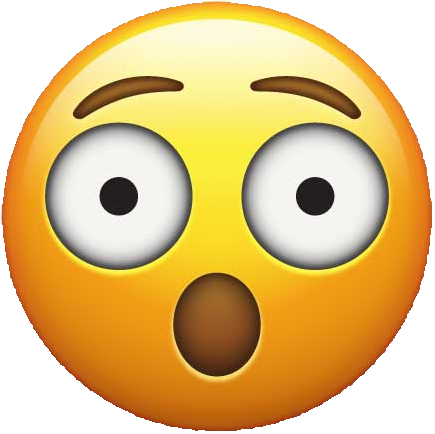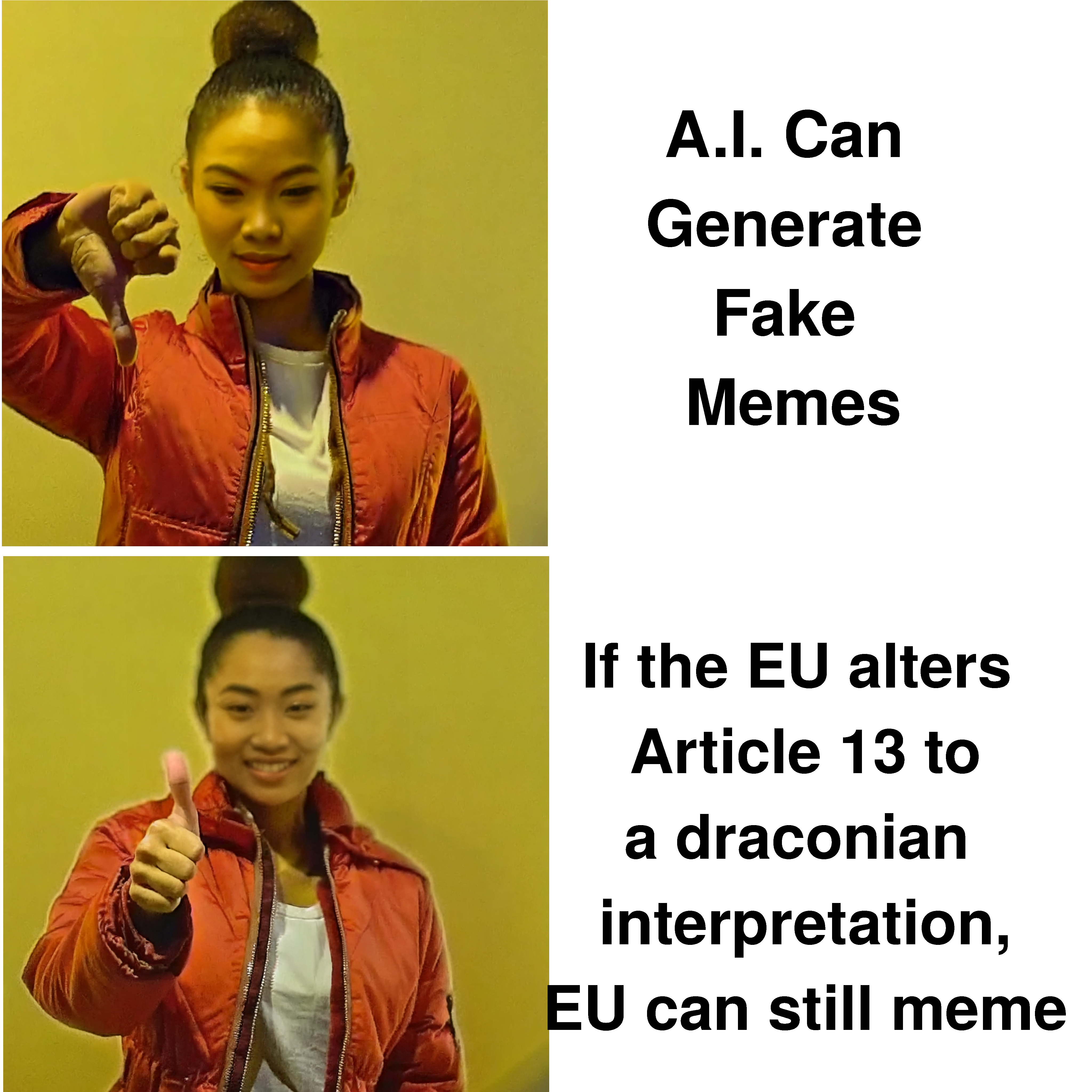

I guess Ye was trying to get her to be his black Kate Moss tonight, to play secretary, Ye’s the boss tonight?
ĝis la revido kaj dankon pro ĉiuj fiŝoj!


I guess Ye was trying to get her to be his black Kate Moss tonight, to play secretary, Ye’s the boss tonight?


The best part of the article (if you can call it that) is that it gives you potential information
“Regulation Z, which is part of the Truth in Lending Act,” Kelly said. “It requires that monthly statements be sent if there is interest assessed on a mortgage.”
So if they did not send monthly statements, it throws the homeowner a potential lifeline.
By violating Regulation Z, Kelly says, “they then open themselves up to serious legal consequences and provide consumers the leverage they need to stay in their homes.”
This is just one strategy, but Kelly has been using this approach to help homeowners in dozens of cases. She just resolved a class action case where she was able to get the names of nearly 300 homeowners from one company and help them all.


Nice to meet ya, John. My name is Nunya Bidnez.


A factual, “You snooze, you lose”. I suspect they lost (or will lose) their jobs.
Good to note, “None on board - including 153 passengers and four flight attendants - were injured during the flight, and there was no damage to the aircraft.”


DownThemAll!
Firefox Translations
Imagus
uBlock Origin
Grammarly


If the autogenerated art becomes too close to copyrighted art, then you’ll have humans suing AI generators.
George Harrison’s My Sweet Lord is very similar to He’s So Fine by the Chiffons. And that was an easy case. But some cases in requires deeper analysis, such as Lana Del Ray’s Get Free.
In January 2018, singer Lana Del Rey claimed that Radiohead were suing her because of alleged similarities between their 1992 debut single Creep, and her song Get Free, from her 2017 album Lust for Life. The band’s publishers Warner/Chappell subsequently denied taking legal action, but did confirm requesting credit for “all writers” of Creep.
The Guardian spoke to a professional composer to analyse the songs, who noted that the chords used are rare in pop music, and the melodies bear an uncanny resemblance, although in conclusion “imagined the similarities are unintentional”.
https://www.bbc.com/culture/article/20190605-nine-most-notorious-copyright-cases-in-music-history
If AI is sampling, then how do you defend it being unintentional? While all Radiohead sought was credit on the writing (in this case), would humans (whose livelihood is being threatened) be so generous with an AI composition? And if the music industry is threatened by AI, they will lawyer up.


Fair enough,


The authors may be dead, but they did exist. The work had an author.
https://en.wikipedia.org/wiki/Copyright_Term_Extension_Act
If you’re going to use a character some human ever created, hire a lawyer. The House of Mouse has their own lawyers.


The fact that AI can produce this is impressive as to where we have come with AI. But can this actually threaten human artists?
In the United States, a federal judge ruled in 2023 that AI artwork cannot meet federal copyright standards because “Copyright law is ‘limited to the original intellectual conceptions of the author’.” With no author, there is no copyright.
~~https://www.makeuseof.com/copyright-rules-ai-art/~~ See u/[email protected] 's article below.
“The answer will depend on the circumstances, particularly how the AI tool operates and how it was used to create the final work,” the office said.
Under current US law, that song is probably now in the public domain. If the law changes, that could mean that in the future, music charts potentially could be filled with AI songs. As it stands, this is most-likely a public domain music machine cranking out music that anyone can use royalty-free. It depends on the interpretation of the courts.


Apple cider (especially with a cinnamon donut).
Eggnog.


Images by Adobe Firefly.

Slack filling.


They’re higher in inflammatory fats (most seed oils are predominantly composed of omega-6 polyunsaturated fats/inflammatory fats). While our bodies do need some inflammatory and anti-inflammatory fats (sort of like we need Cholesterol) we do not need too much. Calling them toxic is a step too far, but all foods should be consumed in moderation.


Happy birthday!


Considering that everyone can be targeted by “bad actors” … by even ads on search engines (see https://www.darkreading.com/vulnerabilities-threats/-nitrogen-ransomware-effort-lures-it-pros-via-google-bing-ads ) adblockers are as immoral as a knight wearing armor because it’s an “unfair advantage”. Sorry, but no one I know wants ransomware installed on their computers.
They literally turned 50cent into millions.